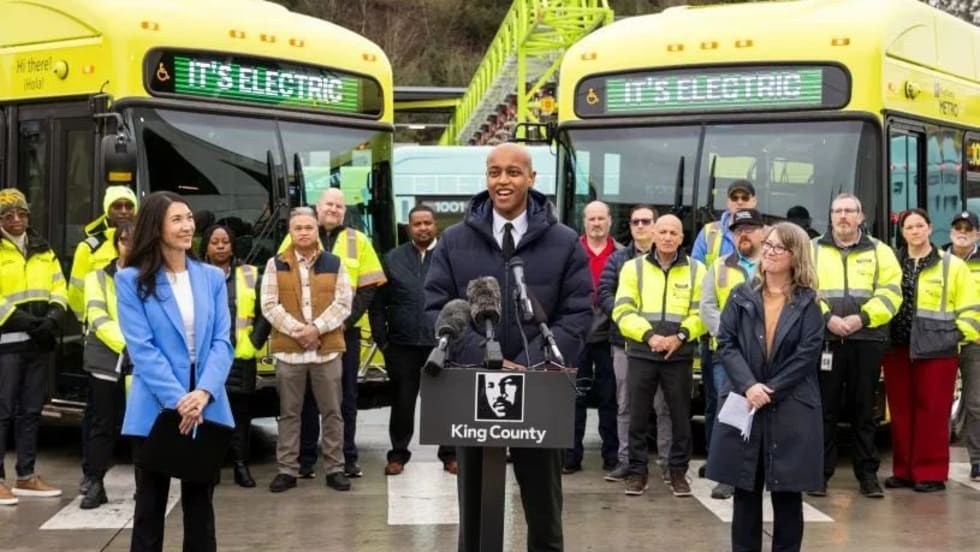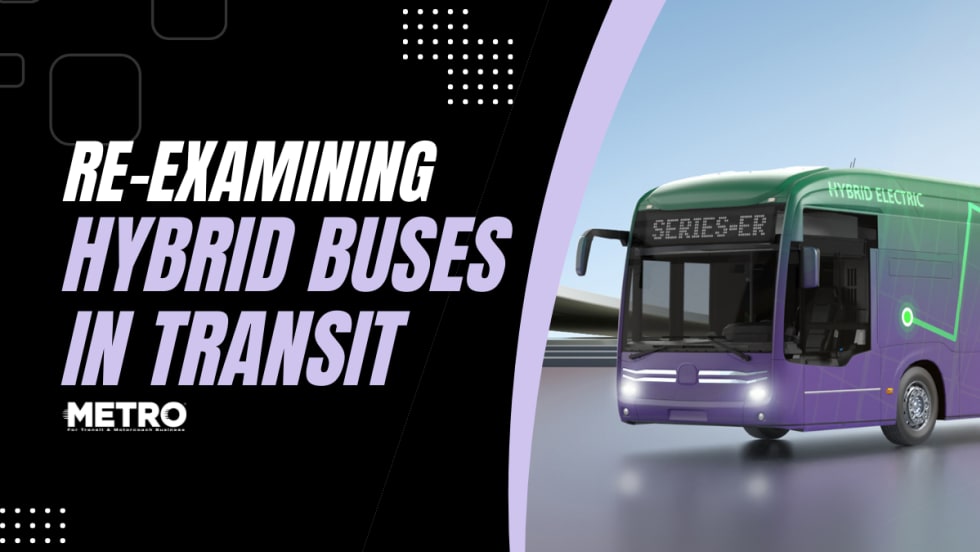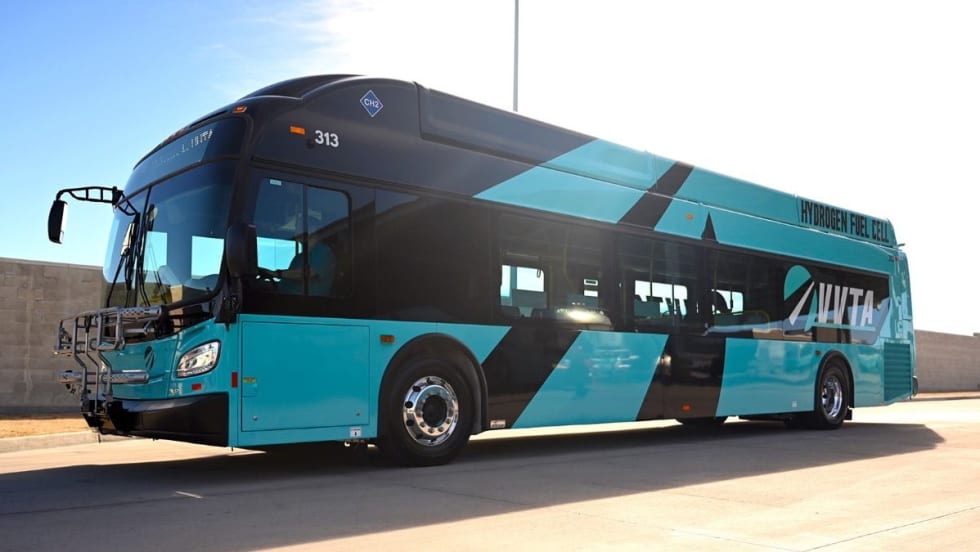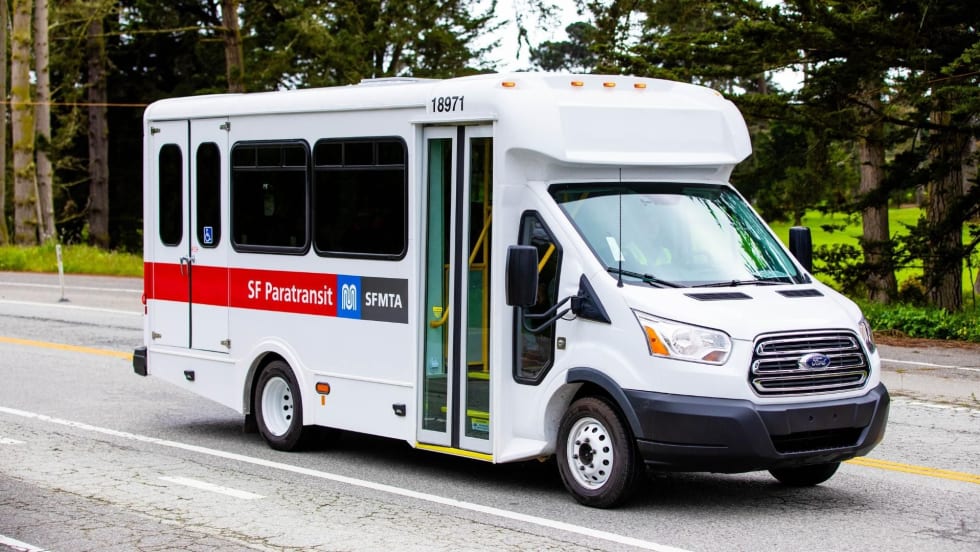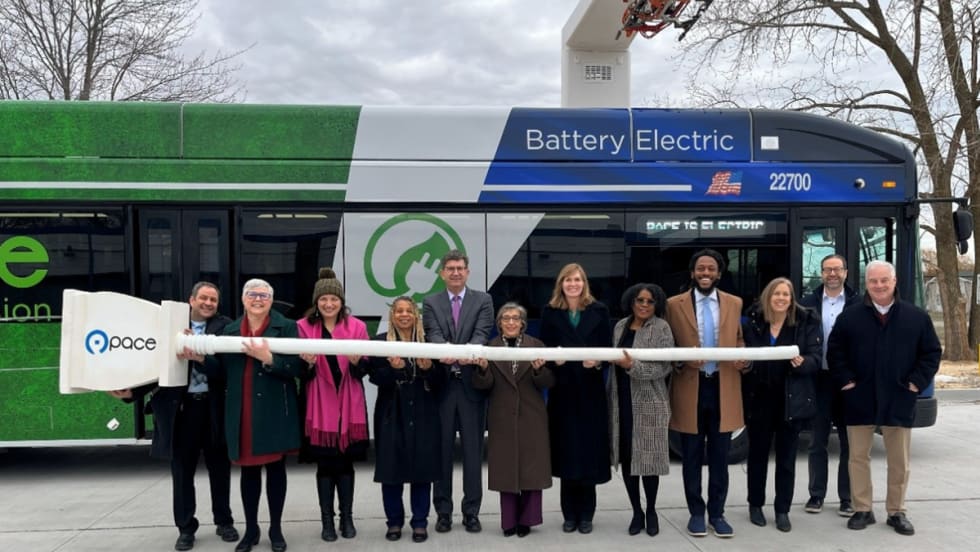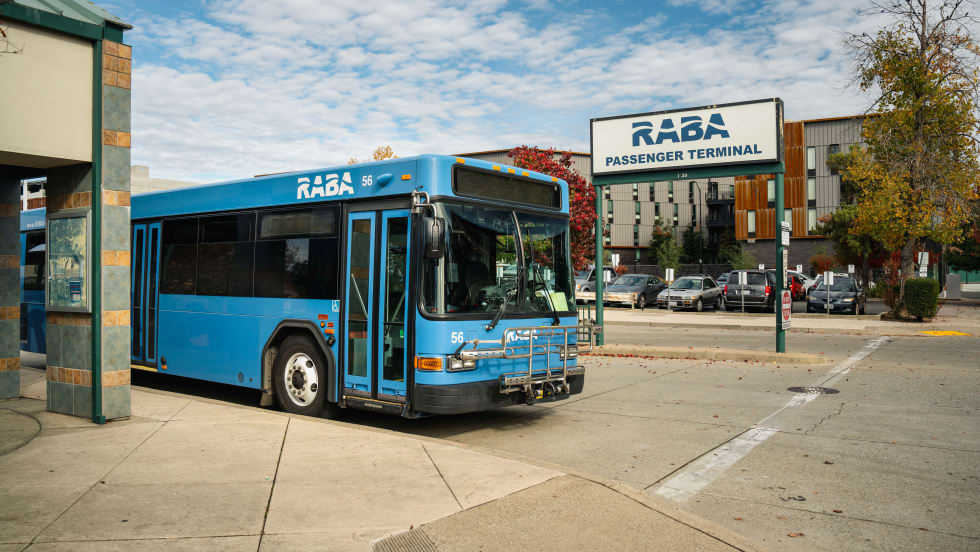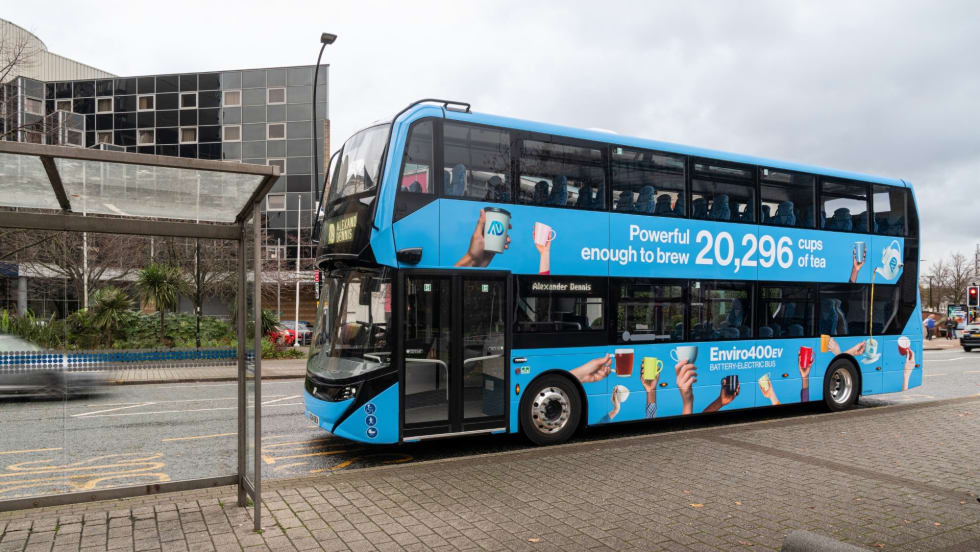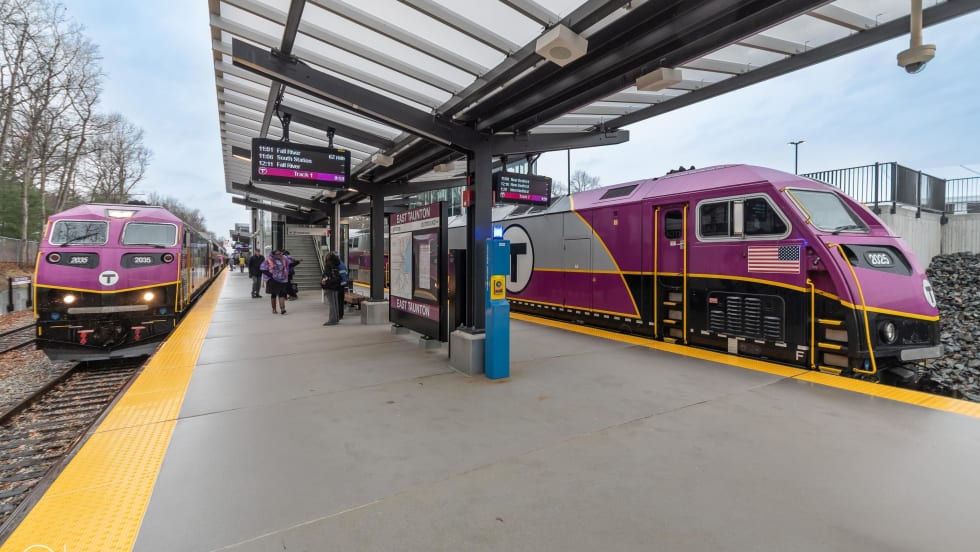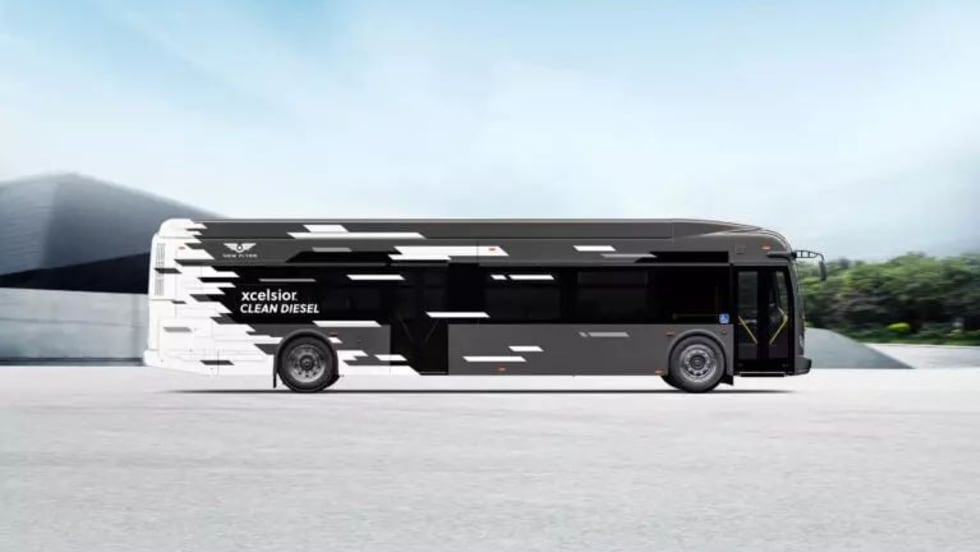The Metra board approved a plan to convert up to six of Metra’s oldest diesel locomotives to zero-emission battery power.
“This procurement puts Metra on the cutting edge of battery-powered technology and demonstrates our commitment to innovation and cleaner energy,” said Jim Derwinski, Metra CEO/executive director. “If these locomotives prove themselves, they could play a significant role in our fleet and in our future, and the concept could serve as a template for other railroads to follow.”
The contract with Progress Rail calls for a base order of three locomotives with options for three more. The total cost for all six locomotive conversions, which will be performed in Patterson, Georgia, is $34.6 million. Completing the base order is expected to take about 3.5 years.
Metra plans to test the battery-powered locomotives, which will have an estimated range of about 150 miles, on the Rock Island Line. Charging stations, which will be designed after the locomotives are designed, will be placed in the main yard and at an outlying point. The duration of a full and partial recharge of the batteries won’t be known until then.
By replacing diesel power with battery power, Metra will reduce its emissions footprint and improve air quality for its riders and the Chicago region. The battery-powered locomotives are expected to be less noisy and have lower operating costs and lower maintenance costs than diesel locomotives.
The zero-emission locomotives will be fully compatible with Metra’s existing railcars and diesel locomotives, and must be capable of providing a ride at all speeds up to the maximum speed of 79 mph. The batteries must also power onboard systems, such as lighting, intercoms, and HVAC.





